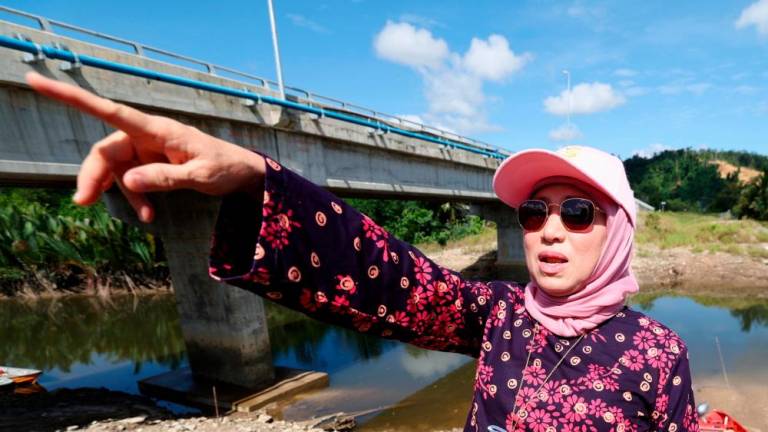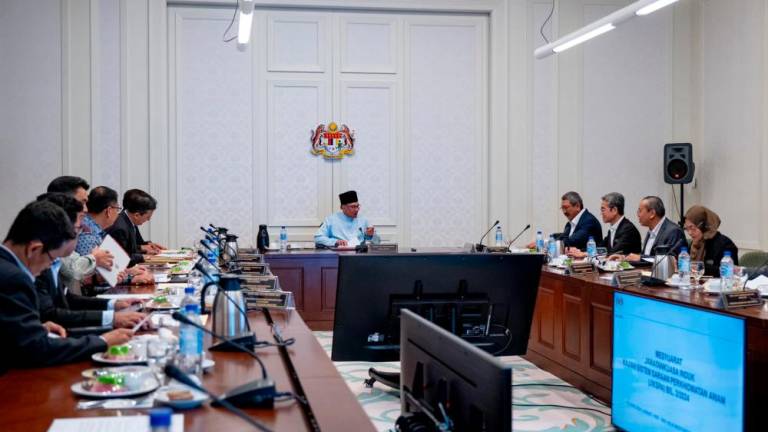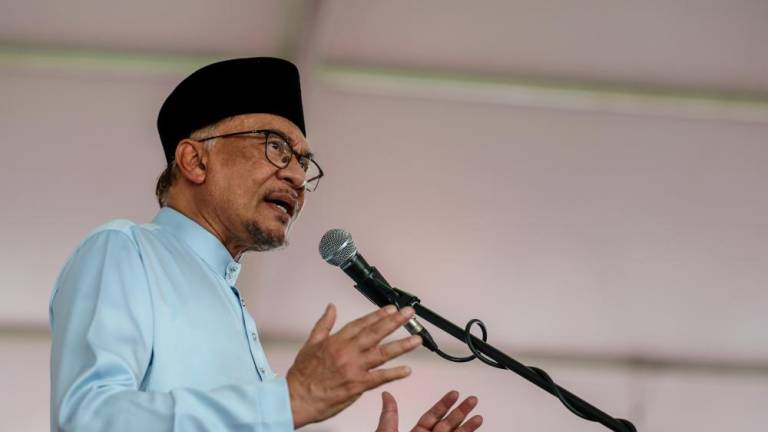KUALA LUMPUR: Solid infrastructure investment, as seen in the recent revival of the 196.7ha Bandar Malaysia project, certainly gives a great impetus to the country’s economic growth in the new era, said IQI Global chief economist Shan Saeed.
Shan said the infrastructure investment has a direct correlation with gross domestic product (GDP) growth and the continuation of the project sends positive signals to all players not only locally but also globally.
“Strong and stable infrastructure augurs well for the economy because global investors regard infrastructure investment an important prerequisite for massive investment in the country. Macroeconomic stability drives economic confidence and helps to attract foreign direct investment (FDI) to the country.
“The government looks totally committed and focused in delivering economic outcomes that meet the people’s expectations,“ he told Bernama.
On Dec 17 last year, the Pakatan Harapan (PH) government allowed a new agreement between TRX City Sdn Bhd (TRXC) and IWH-CREC Sdn Bhd (ICSB) – the consortium of Iskandar Waterfront Holdings Sdn Bhd (IWH) and China Railway Engineering Corporation (M) Sdn Bhd (CREC) -- for the development of Bandar Malaysia, to take off.
The new agreement, with improvements to some of the terms of the original agreement, is reportedly expected to bring substantive economic benefits to the country with a Gross Development Value (GDV) of RM140 billion over 20 years.
Shan said the PH government’s decision to continue the development of the Bandar Malaysia project and its related mega-projects signed by the previous administration was made based on rational considerations.
“The government has made a sagacious and prudent decision to honour the agreement in order to maintain three criteria – economic-continuity, solid framework and structural stability,“ said Shan, who has more than 19 years of financial market experience in private banking, risk/compliance management, commodity investments, global economy, brand and business strategy.
He added that infrastructure investment has become a new obsession for many governments in Asean to attract FDI and sovereign wealth funds.
“In my opinion, strong and stable infrastructure is positive for economic growth, brings strategic benefits to the masses, improves connectivity and above all heralds a new epoch of a better landscape for the country to have better living standards for the masses at the macro level,“ he said.
Shan said the claim by some parties that the government sold the Bandar Malaysia project to the People’s Republic of China (PRC) is incorrect, as CREC (the PRC company) has only about a 30% stake in ICSB.
“The land belongs to the Malaysian government, which holds the major power. By providing a 30% stake to CREC, the government has initiated a very pragmatic approach to get all the players involved to have skin in the project to deliver the project successfully.
“The government knows the strategic advantage Bandar Malaysia holds in the KL infrastructure landscape that heralds a unique game-changing approach to the real estate market,“ he said.
Shan highlighted that the government has collected a total of RM1.241 billion advance deposit for the project, a surety that the consortium is serious in delivering the project as per the agreed terms and conditions.
He also commented that the distribution of 60% sales proceeds from the development of Bandar Malaysia in the form of dividends to TRXC and ICSB, at a ratio of 50:50, and TRXC’s payment terms, which are set to be shortened and accelerated from seven years previously to three years, is a fair financial arrangement achieved by the current government.
“The government is making every effort to improve its debt-to-GDP ratio. It’s a pure cost-benefit analysis along with mitigation of risk.
“In my opinion, the strategic intent of the government is clear -- to keep the cost down in order to pass the maximum benefit to the people,” he added. — Bernama













